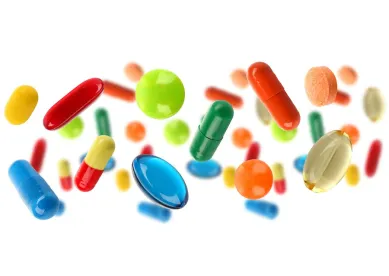In a previous blog post, we discussed a City of Chicago Ordinance, set to take effect on July 1, 2017, that will require pharmaceutical sales representatives to obtain a license before being able to operate within city limits. The draft rules for this ordinance were released on March 17, 2017.
These rules provide additional detail regarding the licensure requirements as well as other associated education and disclosure requirements with which pharmaceutical representatives will be expected to comply beginning in July of this year. In order to obtain initial licensure as a pharmaceutical representative, applicants must complete an online course that will provide an overview of these requirements. Proof of course completion must be submitted along with the license application, which will cost $750. To maintain the license, representatives must complete a minimum of 5 hours of continuing professional education every year thereafter. Approved providers will be listed at www.cityofchicago.org/health. Notably, continuing education provided by pharmaceutical manufacturers to their employees will not be accepted to fulfill the requirement. A licensed representative who does not meet these continuing education requirements may face substantial penalties, including suspension or revocation of the license, inclusion in a public list of representatives whose licenses have been revoked, and/or a fine between $1,000 and $3,000 per day of violation.
In addition to the professional education requirement, pharmaceutical representatives will also be required to track and report certain sales information on an annual basis or upon request by the Commissioner of Public Health. This information must include: a list of the health care professionals who were contacted, the location and duration of each contact, the pharmaceuticals that were promoted, and whether product samples or any other compensation was offered in exchange for the contact.[1] For applicants who receive initial licensure, the time period for the data that must be collected and reported shall cover an 11-month period, starting on the day of licensure and ending one month before its expiration. For representatives with a renewed license, the data shall cover a 12-month period that will begin one month before the license renewal and will end one more before its expiration. If the Commissioner of Public Health requests the information at any other time, the request will designate the time period the submission must cover, and it will be due within 30 days of the request.
A pharmaceutical representative who is found to have violated any provision of the Ordinance or these rules will be subject to suspension or revocation of licensure and/or a fine of $1,000 to $3,000 per day of violation. Once a license is revoked, it cannot be reinstated for a period of two years from the date of revocation.[2]
These new requirements will undoubtedly place a significant burden on pharmaceutical manufacturers and their sales representatives who work in Chicago.[3] The public is invited to submit any comments it may have on the proposed rules by April 2, 2017.
[1] Section 4-6-310(g)(1)
[2] Section 4-6-310(j)
[3] The requirements have already drawn considerable criticism from affected members of the pharmaceutical industry, who state that they will impose an unnecessary and harmful tax on one of the most important sectors of the city’s economy.



 />i
/>i

